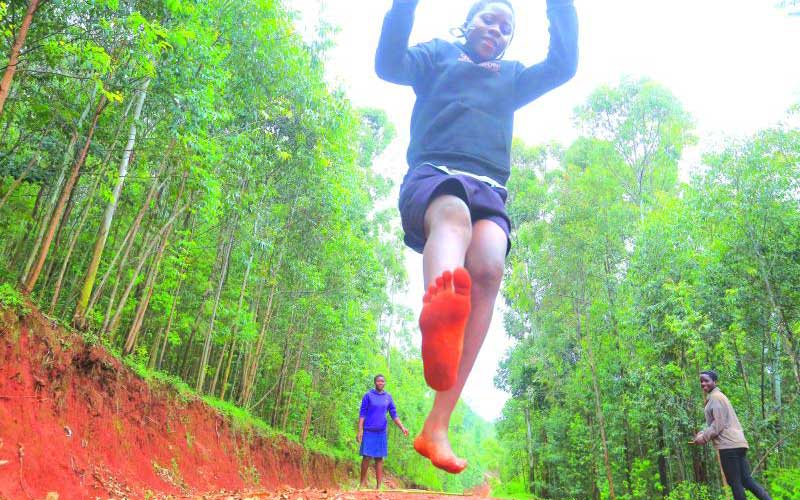×
The Standard e-Paper
Smart Minds Choose Us

Girls play at Kionganyo in Kisii on Tuesday following the long closure of schools to curb Covid-19. [Sammy Omingo, Standard]
Kenya Union of Post Primary Education Teachers (Kuppet) has proposed partial opening of schools by June 15 for national examination candidates.